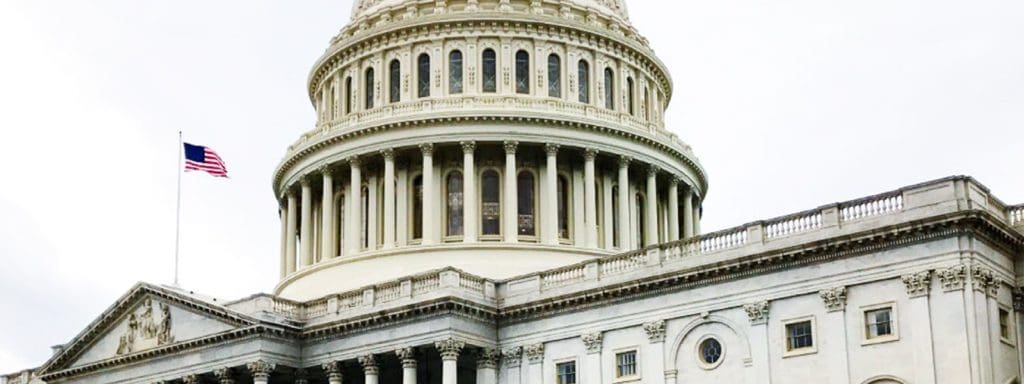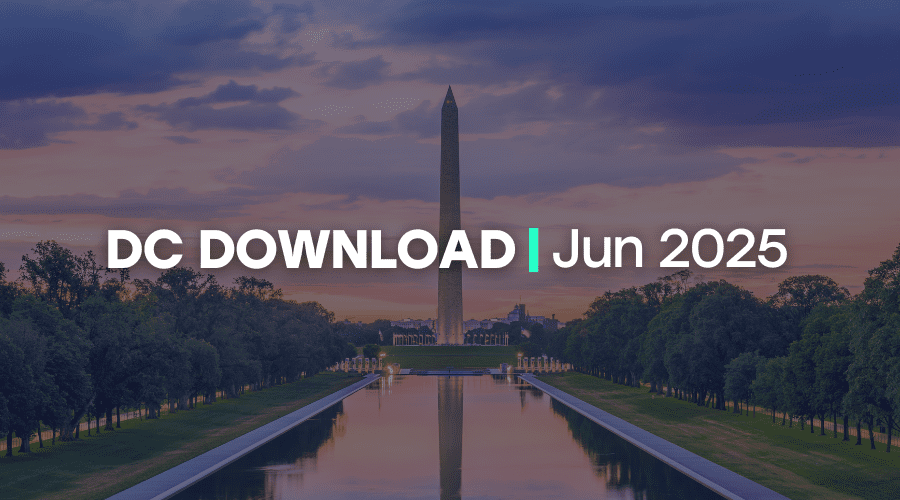What a month November has been. With a close election behind us, the Democrats maintain the majority in the House of Representatives, but we will have to wait until January 5 to learn who will gain the majority in the Senate after a runoff election for the two Georgia seats. A record number of women, 141 at latest count, will be serving in the upcoming 117th Congress. Unfortunately, Congress has left town for Thanksgiving before agreeing on a much needed COVID-19 relief package. Here is an overview of the latest legislative issues impacting nonprofits during these challenging times:
No COVID-19 deal before Thanksgiving
With the election over, Congress was supposed to work on a much-needed COVID-19 relief package, but there is still no agreement among Republicans and Democrats on the cost and Congress left for the Thanksgiving recess. The Senate is now out until November 30, when members will return to face a December 11 deadline for extending government funding. The House reportedly may not return until there is a government funding bill to vote on.
Senate Majority Leader Mitch McConnell (R-KY) said November 17 that his goal is for Congress to pass an omnibus appropriations bill rather than another continuing resolution, and that he believes House Speaker Nancy Pelosi (D-CA) would like the same. While the sides are pretty much in agreement that an omnibus appropriations bill should fund the government through FY2021, they remain far apart on an additional coronavirus relief bill: Senate Republicans support between $500 billion to $650 billion in relief, and Democrats want at least $2 trillion, in addition to myriad other differing positions.
Aides to Senator McConnell, Speaker Pelosi, Senate Democratic leader Chuck Schumer (D-NY), and House Republican leader Kevin McCarthy (R-CA) met to discuss government funding and coronavirus relief items November 19. The focus of the meeting was on expiring programs that are important for the American people and the charitable sector, like the Employee Retention Tax Credit, an expanded deduction for charitable contributions, pandemic related unemployment assistance, student loan forbearance, and the Paycheck Protection Program (PPP), which are set to expire on December 31, 2020. Extensions of expiring tax provisions and disaster relief are possible add-ons in the tax area, but probably only if additional coronavirus relief can be agreed to in the funding bill or separately.
Relief4charities letter to President-elect
On November 9, 2020, the Relief4charities coalition sent a letter to President-elect Joe Biden on behalf of 4,000 charitable organizations from across the country. The letter asks the President-elect to embrace the bipartisan policy solutions needed to provide relief for the charitable sector. More specifically mentioned were unemployment reimbursement, Paycheck Protection Program (PPP) expansion, support for midsize nonprofit organizations, and charitable giving expansion.
Independent Sector shares memo with the Biden-Harris transition team
On November 10, 2020, Independent Sector delivered a memorandum to the Biden-Harris transition team outlining the contributions of the nonprofit sector, and the sector’s willingness to be a committed partner with the incoming Administration. Independent Sector also asked the Biden-Harris team to consider more permanent structures to create a formal relationship between the nonprofit sector and the executive branch of government.
Secretary Mnuchin asks the Fed for unspent money
In a letter to Federal Reserve Chair Jerome H. Powell, Treasury Secretary Steven Mnuchin requested that unspent money allocated to the Fed in March by the CARES Act, be reallocated by Congress. However, the Treasury Department does not have the sole authority to reallocate the funds and would need to secure Fed agreement, The Washington Post reported.
The Treasury Department’s request would end most of the Fed’s emergency lending facilities, as well as two highly scrutinized programs like the Main Street lending program and the municipal liquidity facility, which issue loans to struggling businesses, nonprofits, and local governments. Mnuchin also requested a 90-day extension for a few of the programs that operate through the markets.
Of the $454 billion allocated from the Treasury Department under the CARES Act, only $195 billion has been specifically committed to cover any losses the Fed might take through its programs, including through loans that companies fail to repay. As of last month, the remaining $259 billion still have not been committed to any of the Fed’s specific programs or for any other purpose.
Democrats expressed concern that Senate Republicans could push for the funding to be repurposed in the next stimulus package, decreasing the overall amount Congress approves in a possible COVID-19 relief package.



